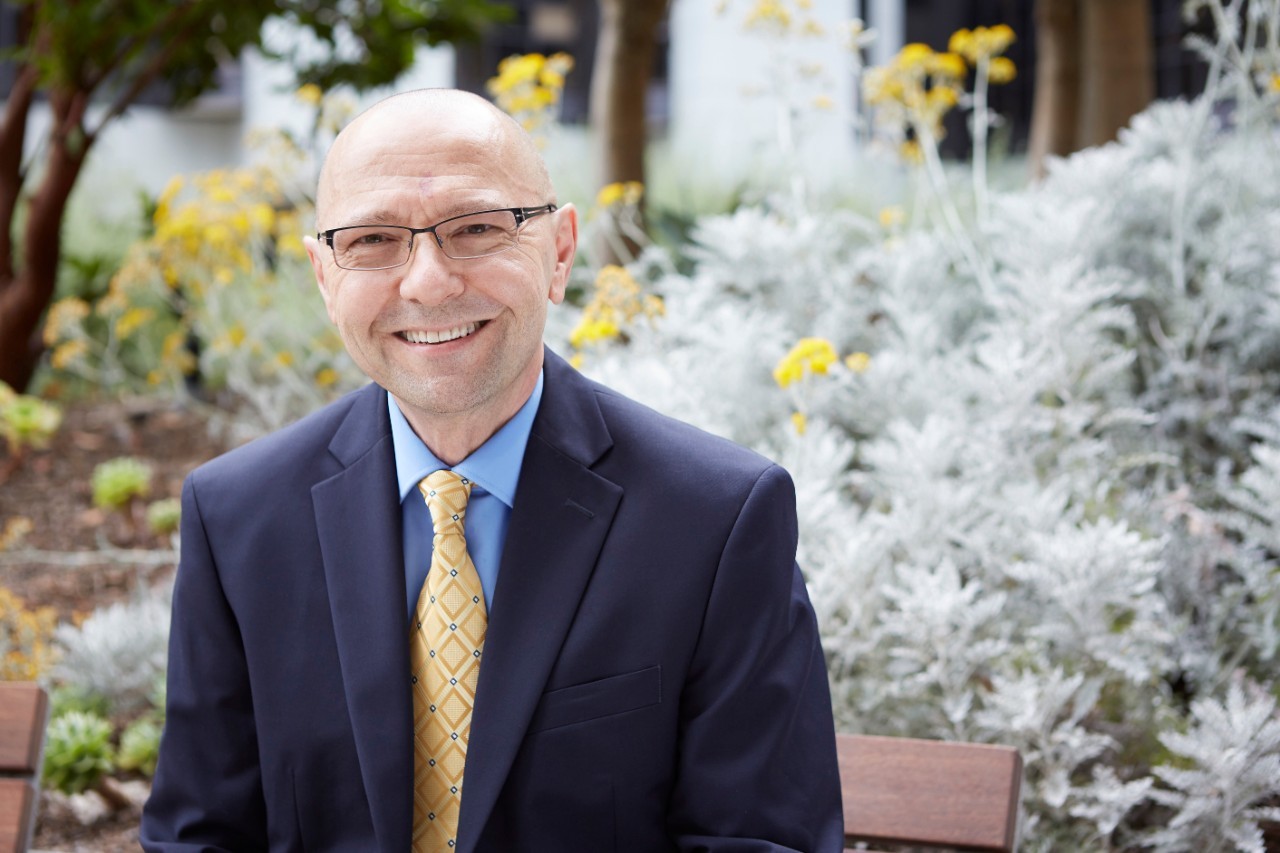Scholars Converge to Accelerate Cancer Science Advances
The Convergent Science Virtual Cancer Center Holds Its First In-Person Workshop to Accelerate Progress, Advances
The Convergent Science Virtual Cancer Center (CSVCC), a program designed to train the next generation of cancer researchers, is holding its first in-person workshop for its first class of scholars. The program, led by Cedars-Sinai Cancer and the University of Southern California, is funded by an inaugural grant from the Department of Defense.
At the workshop, called the Adaptive Catalysis of Convergent Research Training (ACERT) Horizons Workshop and scheduled for Oct. 12-14 in Los Angeles, the eight participating scholars will conduct presentations about their research, participate in group discussions and hear from researchers with ties to the military, patient advocates, advisors on military health and internationally known scientists as well as leading administrative members of the Department of Defense’s Congressionally Directed Medical Research Program.
The scholars—all early-career cancer researchers from institutions across the U.S., funded by additional Department of Defense grants—have clinical and research interests ranging from chemistry and biomaterials to genetics, neurosurgery, pediatric infectious disease and health disparities. Convergent science combines advances from biology, chemistry, medicine, physics, mathematics, computer science, statistics, and engineering to improve outcomes for patients. This program also has a focus on the patient perspective and on improving military readiness.
Dan Theodorescu, MD, PhD, director of Cedars-Sinai Cancer and the PHASE ONE Distinguished Chair, also is director of the Convergent Science Virtual Cancer Center. He sat down with the Cedars-Sinai Newsroom to share the value—and goals—of this first-of-its-kind program and workshop.
Newsroom: Why it is meaningful that the program leadership and scholars will be gathering for the first time for this workshop?
Theodorescu: This workshop is designed to stimulate the professional growth of the scholars in both leadership and research skills through impact talks and networking opportunities, and we’re delighted that this can happen in person this year.
Newsroom: What do you hope will come out of the event itself?
Theodorescu: We hope this workshop will expand the scholars’ professional networks through interactions with the Convergence Council members, a group of established investigators from a variety of disciplines assembled by the program’s leadership to facilitate the formation of new collaborations. Members of the council will participate in this workshop and help the scholars connect with potential collaborators. Additional connections and learning will be accomplished by lectures and interactions with other notable and accomplished guest speakers. The scholars will present their work and describe new collaborations and connections they have made with other scholars and how that has affected their work.
Newsroom: What are your goals for the future of the program?
Theodorescu: We hope that the program will help train the next generation of early-career cancer researchers in convergent science. The intensive and structured mentorship, workshops, and networking interactions that make up the program are designed to enhance collaborations with experts from a variety of scientific disciplines that will help our scholars make even greater advances for patients with cancer than they might without such career guidance. The program’s architecture is scalable nationally and internationally and can also be extended to tackle other thorny problems of the human species—such as COVID-19—that require truly transdisciplinary approaches. We hope to democratize this structure and help others deploy these principles worldwide for improving human health.
Read more on the Cedars-Sinai Blog: Scientists Aim to Predict Breast Cancer Risk




